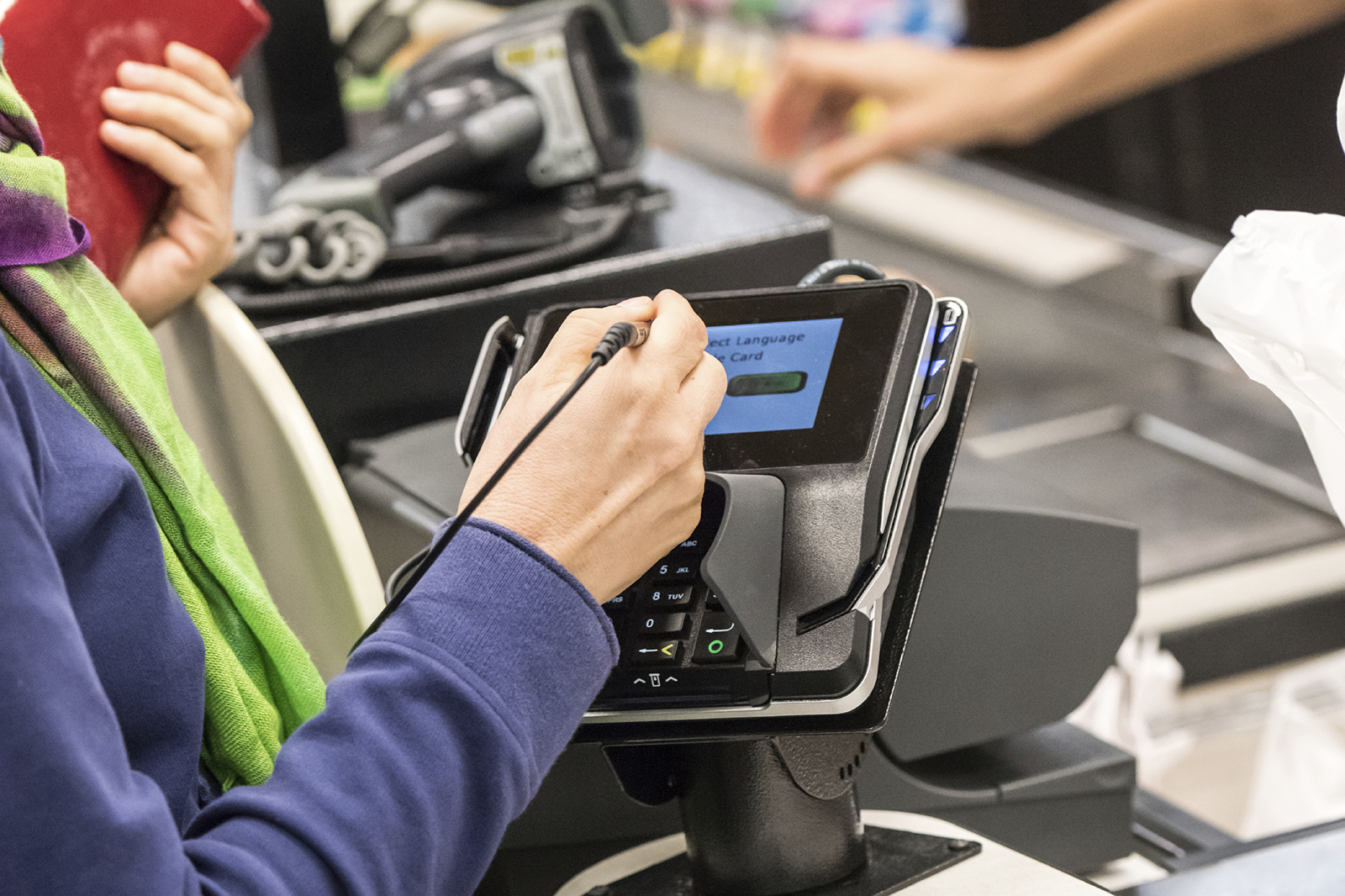Major credit reporting bureau Equifax announced in early September that personal data for 143 million people – nearly half the U.S. population – had been exposed in a monstrous security breach. Since that announcement, the company has come under fire from Congress, consumers and attorney generals throughout the country for its poor attention to detail regarding cybersecurity.
What Equifax Does
Equifax is a credit reporting agency, compiling data on your financial health and generating credit scores based on that data for companies when you seek to borrow money. It’s one of three major credit bureaus in the United States, collecting similar data to that of TransUnion and Experian. Data collected by credit reporting agencies is extremely personal, including social security numbers, addresses, account balances and more. A data breach at one of these companies must be considered serious as all the data could be used to commit identity theft.
Are You Affected?
Unfortunately, Equifax has not been forthcoming with many details on how the breach occurred or what information was actually accessed. Instead, it created a website where you can enter your name and the last six digits of your social security number. After a short database search, the website informs you if your information may have been breached or not, then offers to take you to sign up for one year of free credit monitoring.
Equifax’s breach recovery website, however, has come under serious scrutiny. Consumers have reported that the website gave them one answer on the computer and a different answer on the phone as to whether their data may have been breached. Security analysts say that the website looks like a scam site and that Equifax would have been better to add a link on their main website.
Many consumers, in light of the recent breach, are now reluctant to provide Equifax with any personal information online. Telephone calls to Equifax met with jammed phone lines and representatives who were unaware how to handle the issues.
Long-Term Impact of Identity Theft
Unlike large security breaches at Target and Home Depot, this breach has the potential for long-term issues. When a credit card is compromised, a company can cancel your card and issue a new one. When personal data, like your social security number and birth date, are compromised, it’s much more difficult to protect yourself.
Unlike a credit card, your social security number and birth date stay with you for life. This means that you need to be extra vigilant with your data, checking your credit report as well as bank and credit card statements. However, you may not see evidence of identity theft on statements, especially right away. Security expert say that with a social, birth date and other personal information, all of which is stored in the Equifax database, criminals can create an entirely new you. They can file false tax returns, use your information to file fraudulent medical claims, obtain credit or even buy a house without your knowledge.
What Will Happen Now
Equifax has agreed to provide one year of free credit monitoring to anyone affected by the breach. This offer has led to some backlash as credit monitoring will be performed by a subsidiary of Equifax. In addition, the company initially required anyone who signed up for their credit monitoring service to agree to binding arbitration, meaning consumers could not sue Equifax for any damage that occurred as a result of the breach. Equifax has since removed that language and says legal remedies are still in place for those who may become victims of identity theft after this breach.
Congress is asking for an investigation by the Federal Trade Commission, specifically asking why it took the company more than six weeks to notify the public. Congress is also asking for the Securities and Trade Commission to investigate three company executives who sold a significant amount of stock three days after the breach was discovered by Equifax on July 29.
Fallout from the Equifax breach is far from over. The company has made several missteps in handling the security breach and is now facing investigations by federal agencies. Consumers could be facing many years of liability as the information taken could be used by criminals in a wide variety of ways.
Equifax has also not released details on how the breach happened or what measures they are taking to prevent it from happening again, which is leading to distrust of the organization among financial organizations, consumers and the government. Whether or not you’ve been directly affected, consider freezing your credit report now with all three major bureaus. It’s the safest way to ensure that thieves won’t be able to open new lines of credit in your name.

 4 Tips for Consumers After the Equifax Data Breach
4 Tips for Consumers After the Equifax Data Breach  How Safe Are Websites?
How Safe Are Websites?  How to Remediate After Data Breach Occurs
How to Remediate After Data Breach Occurs  What to do if your email is hacked
What to do if your email is hacked  Identity Theft
Identity Theft  Data Security Breaches
Data Security Breaches  Financial Information Breach
Financial Information Breach  Credit Card Breach
Credit Card Breach